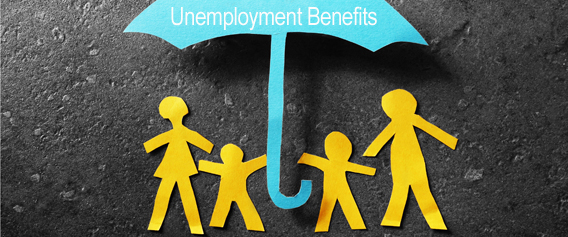Do I pay taxes on my unemployment benefits from when I was out of work?

If you go from a wage-earning position to unemployment, one of the first things you may do is file for some of your unemployment benefits. Unemployment benefits come from an insurance fund worked out between the federal, state and local governments. When you file for your unemployment benefits, you should be able to choose to have your federal taxes withheld. Generally, the withholding is about 10 percent of the total payment.
The benefit is paid to the governments by most employers and it is called a FUTA (Federal Unemployment Tax Act) tax. It is not taken out of an employee’s regular wages.
Because our state governments all have different rules governing the insurance benefit, some are taxed like fully taxable wages. The rules governing taxation of these benefits vary widely by state. The first place you should look for details considering your benefit is on your state’s or local government’s website. However, if your benefits come from a private fund that you contribute to on a voluntary basis, the taxable amount of this income is not considered unemployment compensation, but rather it may be considered as other income on your Form 1040.
If you received unemployment benefits you may receive a form 1099-G. This is typically filed by federal, state and local governments if they made unemployment compensation payments to individuals. This form is also used for other government payouts including agricultural payments, tax refunds, credits or taxable grants to name a few.
Workers who find themselves unemployed are entitled to benefits as long as they were not self-employed and the termination was at the hands of the employer and not the result of misconduct, which may disqualify them from the benefits. Employees must meet specific criteria to receive these benefits after quitting a job.
If you voluntarily quit your job, it is likely that you will be denied unemployment benefits. However, there are some instances, typically determined by your state, where unemployment benefits may still be granted. The best place to find out more on this is your state’s website.
Benefits are not meant to replace your full working salary and in many cases are less than half of the income you were making while fully employed. They are also temporary in nature, meaning there is a maximum number of weeks that you can collect them before they terminate. They are meant as a tide-you-over payment with the hope that you will become re-employed within this time period. The employee’s state will determine the length of the benefits period (in many states it is 26 weeks.)Now, do you pay taxes on this income? The short answer is yes. You must include it into your gross income calculation. However, after calculating any exemptions and deductions, if that income was less than a certain threshold, you may not have to pay any taxes on this.
In order to determine if you do owe taxes, the IRS has created an interactive tool that only requires a few minutes of time to fill out. It will help you figure out your tax liability for the year you are filing. Simply search for the Interactive Tax Assistant (ITA) tool on the IRS.gov website.
Did you know many filers can file for free through E-file.com? You must have a taxable income under $66,000 and meet other criteria. To find out if you qualify for our free software, please see: https://www.e-file.com/how-to-file-free.php
